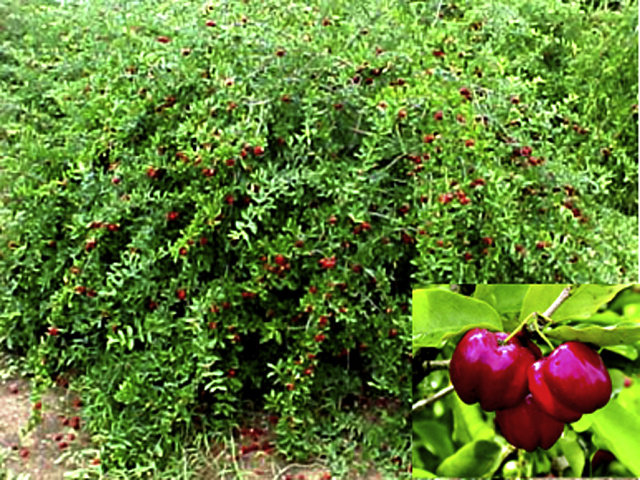Effect of the pretreatment with acerola (Malpighia emarginata DC.) juice on ethanol-induced oxidative stress in mice e Hepatoprotective potential of acerola juice
Keywords:
Antioxidants , Fruits , Free radical scavenging activity , Lipid peroxidationAbstract
Background and objectives: Acerola (Malpighia emarginata DC.) is a tropical fruit known for its nutritional and functional properties due to its great contents vitamin C, carotenoids and anthocyanins. The antioxidant potential from plants extracts associated to hepatoprotective activity has been widely studied. However, the effect of antioxidants in natural fruit juice has not been fully searched. The aim of this work was to investigate the antioxidant properties of acerola juice and its hepatoprotective potential against acute ethanol-induced stress. Materials and methods: Ripe acerola were collected, processed into juice and initially analyzed to antioxidant properties in vitro. Afterwards, in vivo hepatoprotective activity was evaluated in mice. The animals received the juice by gavage as pretreatment for 15 consecutive days and then, were submitted to ethanol-induced stress in single dose (5 g/kg). The activities of serum enzymes as well as lipid peroxidation degree were evaluated. The activities of serum marker enzymes for liver damage as well as lipid peroxidation degree were evaluated. Results: Acerola juice presents great vitamin C (1799.5 mg/100 g FW) and total phenolic (188.4 mg GAE/ 100 g FW), anthocyanins (9.2 mg/100 g FW), flavonols (7.8 mg/100 g FW) contents and high activity of superoxide dismutase (1053.6 UA/g DM) with a total antioxidant activity of 137.5 mmol Trolox/g FW. The juice treatment inhibited lipid peroxidation and reduced the activities of aminotransferases (p ≤ 0.05), in mice liver. Conclusion: These results indicate that acerola juice is able to prevent the hepatic damage induced by ethanol, probably as a result of an enhancement of the antioxidant status in the animals.
Downloads
Metrics





